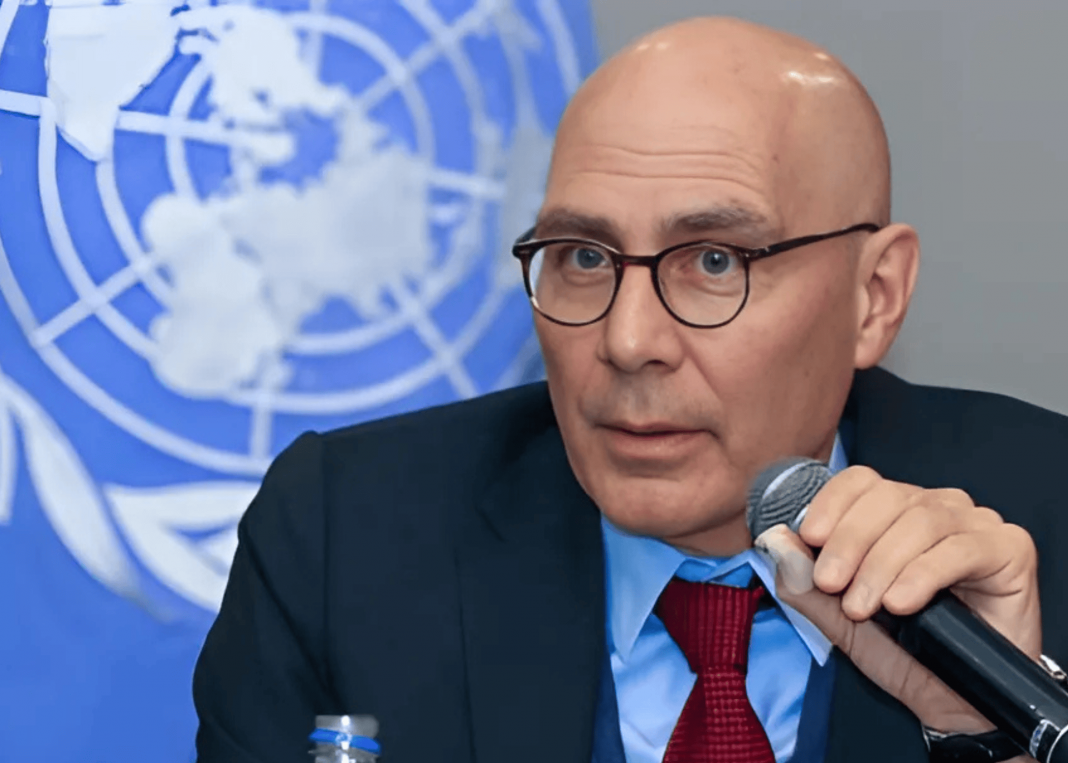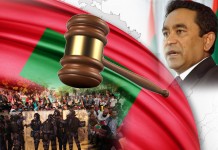UN High Commissioner for Human Rights Volker Türk has urged the Maldives to repeal a new media law. Signed by President Mohamed Muizzu on September 18, 2025, the law threatens free speech and press freedom. The Maldives Media and Broadcasting Regulation Law replaces independent media watchdogs with a seven-member government-appointed commission.
It allows investigations, fines up to $1,620 for reporters and $6,485 for outlets, license revocations, and website blocks. Broad rules ban “fake news” and national security threats, risking abuse to silence critics. In a September 25 statement, Türk said the law violates the International Covenant on Civil and Political Rights, which the Maldives joined in 2006. “Free, diverse media is vital for expression and democracy,” he noted, citing the commission’s overreach. The law passed parliament 60-0 despite opposition.
The Maldives ranks 104th in the 2025 World Press Freedom Index, down from before, with reporters facing harassment. Journalists plan a Supreme Court challenge, claiming it breaks free speech rules. “It’s an attack on free talk,” one editor told Al Jazeera. Groups like the International Federation of Journalists and Human Rights Watch call it repressive. The government defends it as promoting ethical media and fixing old flaws. No reply to the UN yet, but internal talks continue. Türk offers UN help to align reforms with global rights. In small nations like the Maldives, media holds leaders accountable amid shifts like ties to China.


















